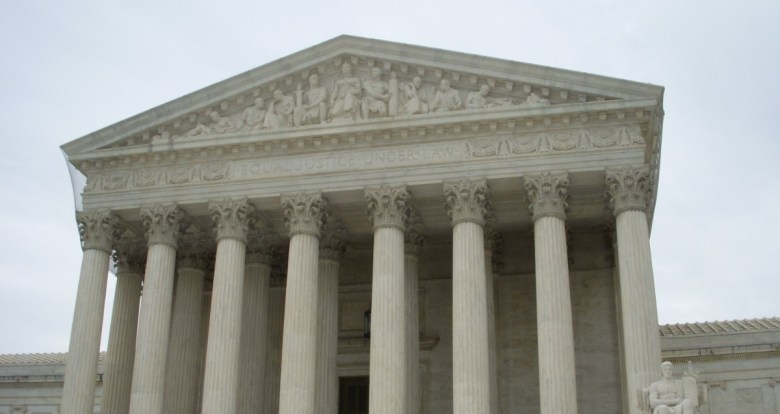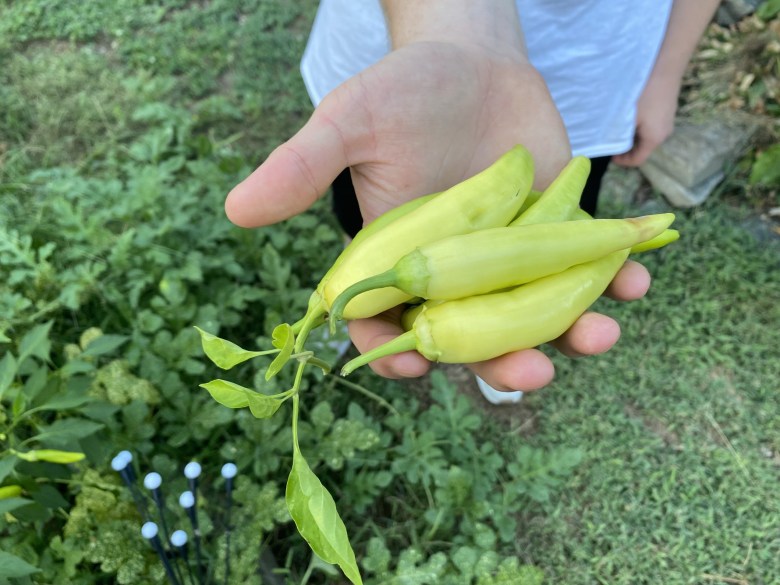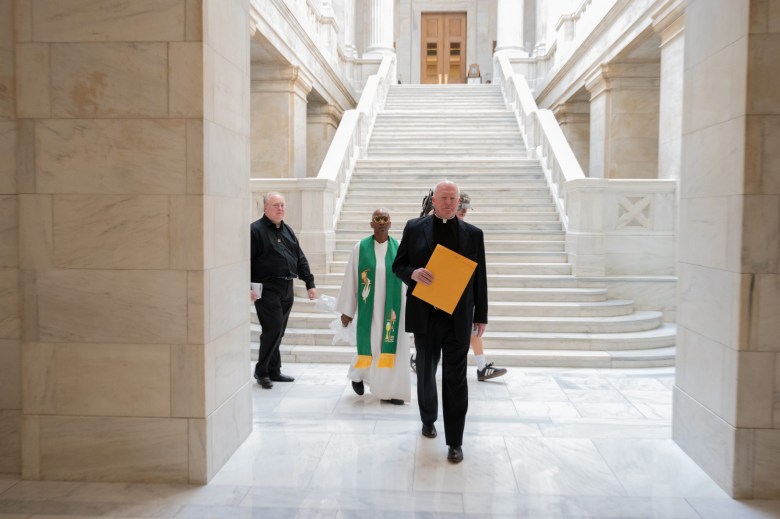By continuing to weaken the authority of the Voting Rights Act, or VRA, a 60-year-old pillar of federal civil rights legislation, the 8th U.S. Circuit Court of Appeals handed voting rights supporters in Arkansas and the other 8th Circuit states yet another defeat on Monday.
North Dakota is a member of the conservative 8th Circuit, and the U.S. Supreme Court is currently debating whether to take up a different VRA issue. The stakes will be tremendous if it does.
The 8th Circuit’s restrictive, precedent-defying interpretation of the VRA, which was laid out in a different case out of Arkansas in 2022, and which restored Arkansas voting advocates’ ability to challenge allegedly racially discriminatory practices under the civil rights law, may not be shared by the majority of justices. However, similar VRA lawsuits may be dismissed nationwide if the Supreme Court agrees with the 8th Circuit.
The 8th Circuit’s decision on Monday concerned a 2009 bill passed by Democratic Governor Mike Beebe in Arkansas. In an effort to prevent fraud, the legislation restricts the number of voters that a specific person can help at the polls; it is unlawful for one person to assist more than six individuals in casting their ballots. The restriction, according to Arkansas United, an immigrant advocacy group, has made it more difficult for translators to help voters who don’t speak English well.
A federal judge in Fayetteville sided with Arkansas United in 2022 after the group filed a lawsuit under the Voting Rights Act in 2020. The state statute was blocked by an order issued by U.S. District Judge Timothy Brooks. However, the 8th Circuit delayed Brooks’ injunction while it considered the state’s appeal of his decision.
The 8th Circuit overturned Brooks’ order on Monday, but not on the basis of the case’s merits. Rather, the appellate court’s three-judge majority ruled that Arkansas United lacked the legal standing to file a lawsuit under the VRA. According to the 8th Circuit panel, the law only permits the U.S. attorney general to file a lawsuit.
In a related Arkansas VRA lawsuit including gerrymandering, another 8th Circuit court came to a similar result in 2023. The Arkansas Public Policy Panel, which was represented by the ACLU of Arkansas, and the Arkansas NAACP argued that the state’s 2021 redrawing of state legislative district lines diminished the influence of minority voters.
U.S. District court Lee Rudofsky, the federal court in Little Rock who initially heard the NAACP action, acknowledged that there may be some evidence of prejudice in the legislative maps created by Arkansas Republicans following the 2020 census. However, Rudofsky stated that since the plaintiffs were unable to file a lawsuit in the first place, it made no difference if the new lines were discriminatory. The judge ruled that Section 2 of the Voting Rights Act does not permit a private right of action, which means that private individuals or organizations lack the legal standing to file a lawsuit. This is in spite of the fact that people and organizations who support voting rights have long filed lawsuits to implement Section 2 of the federal law.
Although the ruling represented a significant shift from the way courts have treated VRA issues over the years, the conservative 8th Circuit approved of it. Rudofsky, a Trump appointee who formerly served in the Arkansas attorney general’s office, proposed a novel hypothesis that the appeals court adopted and has since expanded. Arkansas United’s complaint includes a claim under Section 208 of the Voting Rights Act, which safeguards the ability of voters with disabilities or language challenges to obtain assistance. There is also no private right of action under that clause, according to the 8th Circuit’s decision on Monday.
This leads us to the North Dakota Voting Rights Act case, which is as famously shorthanded as the Turtle Mountain case. It was brought by three individual voters and two Native American tribes, the Spirit Lake Tribe and the Turtle Mountain Band of Chippewa Indians, who all claim that the state’s legislative map was redesigned in a way that discriminates against people of color. North Dakota appealed to the 8th Circuit after the plaintiffs filed a lawsuit and a federal judge sided with the tribes.
The 8th Circuit’s split three-judge bench overturned the lower court’s decision in May, stating once more that private litigants are only permitted to challenge the federal government under the Voting Rights Act.
The plaintiffs petitioned the Supreme Court to step in. Their request for a temporary stay was granted by the high court on July 15, delaying the implementation of the 8th Circuit’s decision until the justices had had a chance to review it.
Clarence Thomas, Samuel Alito, and Neil Gorsuch, the three justices of the Supreme Court who are typically regarded as the most right-wing, expressed their disagreement with the decision to grant the interim stay. This implies that despite the court’s conservative stance, the Turtle Mountain plaintiffs and voting rights activists in general still have a chance. The interim stay implies that Chief Justice John Roberts, Brett Kavanaugh, and Amy Coney Barrett are at least somewhat dubious of the recent decisions of the 8th Circuit and Rudofsky’s explanation of the Voting Rights Act’s no private right of action interpretation.
Whether the court will take up the entire Turtle Mountain issue is still up in the air. Even if it does, a decision won’t be made until at least next year.Even though it’s not much, there is some optimism for voting rights protections.
It’s dragon-slaying time!
The Arkansas Times, which relentlessly defends the fundamental rights and liberties in our community, stands as a light of truth in an era when critical voices are being silenced more and more. Our commitment to provide uncompromising journalism has never been more important, especially with Arkansas in the center of a broad culture war that is impacting our libraries, schools, and public conversation. We can’t accomplish our goals of defeating dragons and holding those in positions of authority responsible alone. You can guarantee that independent journalism in Arkansas not only endures but flourishes by making a contribution today. We can join the fight and make a difference together.







